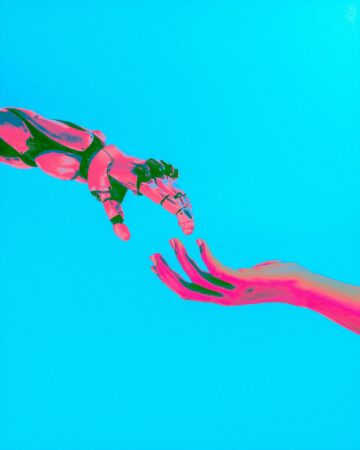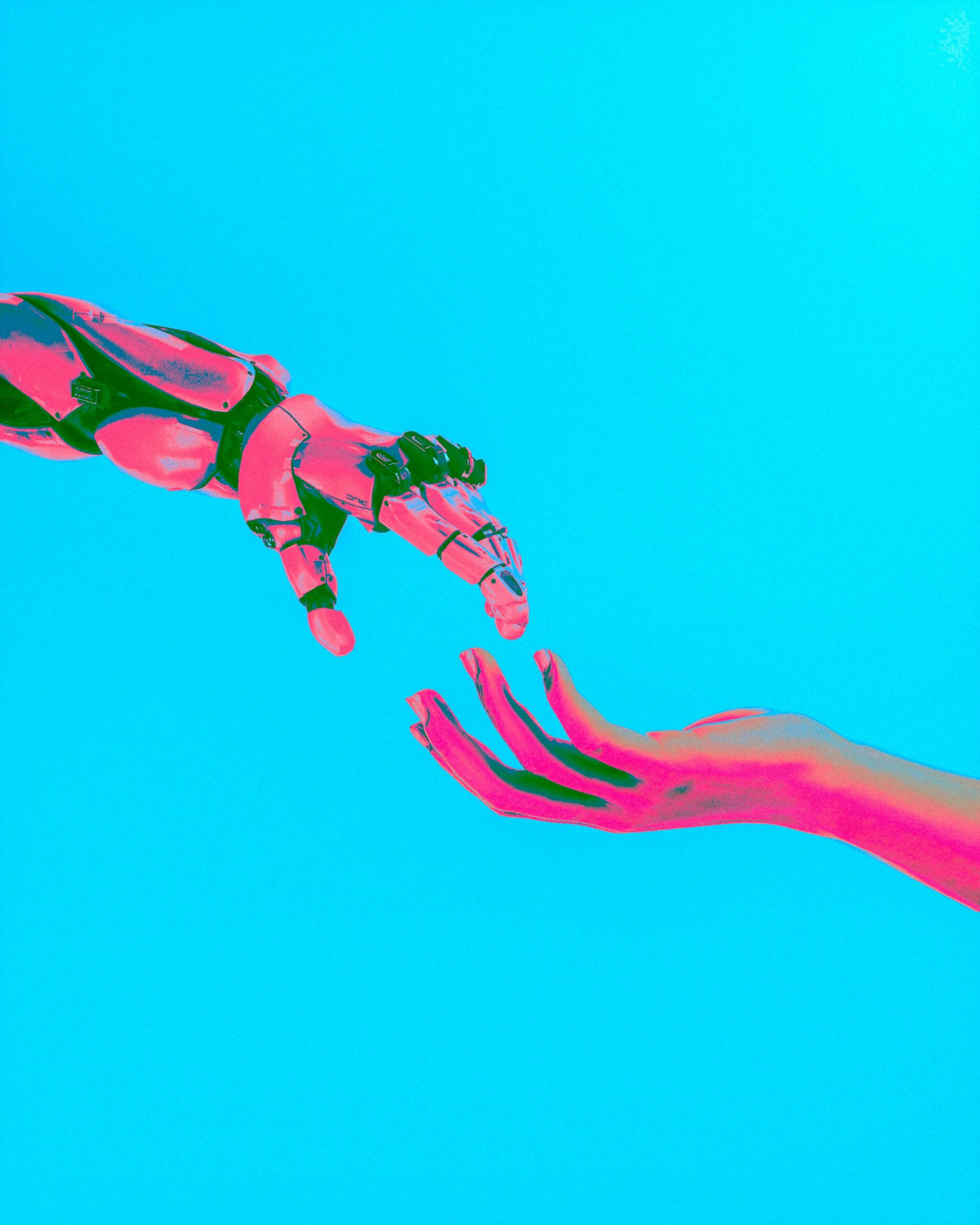
In a world where artificial intelligence (AI) seems to be everywhere, it’s no surprise that therapy has become one of its newest frontiers. From chatbots to virtual assistants, AI-powered mental health tools promise immediate support and affordable care. But can they really replace the warmth and attunement of real human connection? The short answer is no. While AI therapy can offer basic symptom management and convenience, the depth and healing power of human, relational therapy are simply irreplaceable. Here’s why human therapists are better than AI therapy—and why your mental health deserves the human touch.
The Limits of AI Therapy: Convenience Without Connection
AI therapy apps and chatbots can be helpful in certain situations—especially for tracking moods or offering quick self-care tips. However, research and experience show that true healing in therapy requires much more than symptom tracking or algorithm-driven prompts.
A study in the Journal of Medical Internet Research found that while AI tools can help with mild symptoms of anxiety or depression, they’re significantly less effective for people with moderate to severe mental health challenges. AI lacks the ability to read subtle emotional cues—like body language, tone of voice, or hesitations—that are essential for truly understanding another person. Therapy isn’t just about what you say—it’s about what you feel, what you’re holding back, and how your history shapes your present. AI can’t grasp these nuances, nor can it respond to them in a warm, human way.
The Power of Relational Therapy: Healing Through Connection
Relational therapy emphasizes that healing happens in the context of a safe, trusting relationship. This isn’t just a warm idea—it’s backed by decades of research. A landmark study by Horvath and Symonds (1991) showed that the therapeutic alliance—the bond between therapist and client—is one of the strongest predictors of positive outcomes in therapy. More recent research by Flückiger et al. (2018) confirms this, finding that a strong alliance can account for up to 30% of the overall effectiveness of therapy.
Licensed and experienced therapists have spent years cultivating the skills to create these alliances. They’re trained to listen beyond the words, tuning into the emotions and patterns that shape your experience. AI, no matter how advanced, simply can’t replicate that level of human presence and care.
Human Therapists Offer Real-Time, Personalized Care
One of the greatest strengths of human therapy is its flexibility and responsiveness. Experienced therapists don’t just rely on scripts—they respond to you in the moment, adapting their approach to your unique needs and goals. For example, if you’re grieving a loss, a therapist might integrate elements of compassion-focused therapy to help soothe your pain. If you’re working through trauma, they might draw on trauma-informed practices to ensure you feel safe and supported. They also consider your cultural background, relationships, and life story—factors AI simply can’t understand or integrate. A 2022 review in World Psychiatry emphasized that the human capacity for empathy and attunement—the ability to resonate with someone’s emotions—is a cornerstone of effective therapy. This kind of emotional attunement is what allows human therapists to guide you through pain and growth in a deeply personalized way.
Beyond Quick Fixes: Therapy as a Journey of Self-Discovery
AI therapy often focuses on quick fixes—like offering a breathing exercise when you’re feeling anxious. These can be helpful in the moment, but they don’t address the root causes of distress or help you understand yourself on a deeper level.
Human therapy goes further. It’s about making sense of your patterns, your history, and your dreams for the future. It’s about learning how to relate to yourself and others in healthier, more fulfilling ways. A meta-analysis in Psychotherapy (Wampold & Imel, 2015) found that effective therapy isn’t just about techniques—it’s about the relationship and the exploration of meaning and identity. Only a human therapist can walk alongside you in that kind of deep, life-changing work.
Ethics, Safety, and Compassion: The Human Difference
Licensed therapists aren’t just highly trained—they’re also bound by strict ethical standards to protect your confidentiality and well-being. They know how to respond in a crisis, how to set healthy boundaries, and how to hold space for you to be vulnerable and honest.
AI programs can’t make ethical decisions or offer genuine compassion. They’re bound by code and algorithms, not the deeply felt sense of responsibility and care that human therapists bring to every session.
Choosing Relational, Human Connection Over AI Therapy
So why are human therapists better than AI therapy? Because healing happens in the therapeutic relationship—and only humans can offer the warmth, understanding, and shared meaning that true therapy requires. Therapy isn’t just about “fixing” problems—it’s about being with another person who sees you, hears you, and believes in your capacity to heal and grow. Licensed and experienced therapists offer a level of attunement and care that no robot or chatbot can match. If you’re seeking therapy that goes beyond symptom management, consider working with a licensed, experienced therapist. Relational therapy offers the warmth, flexibility, and attunement that AI can’t replicate. Because you deserve care that’s as unique, human, and alive as you are.
Ready to experience the difference?
Contact us today to schedule a free 15-minute consultation and begin your journey with a licensed, experienced therapist.



